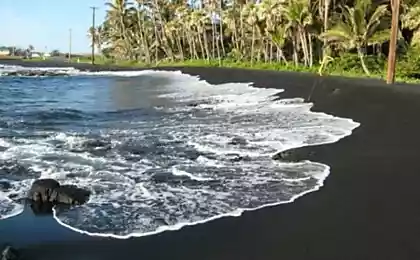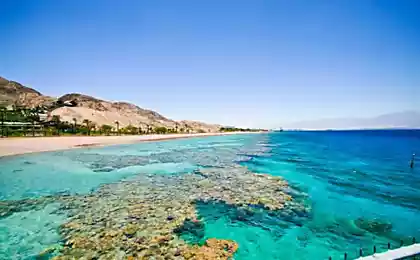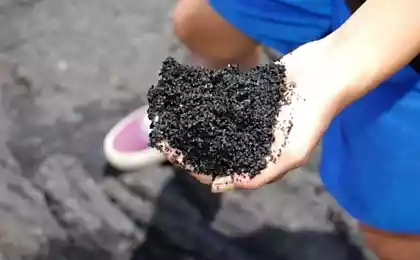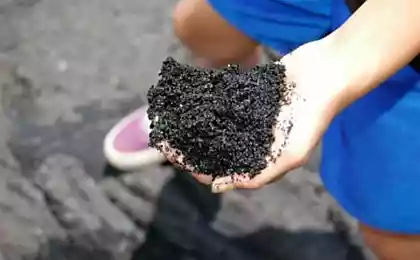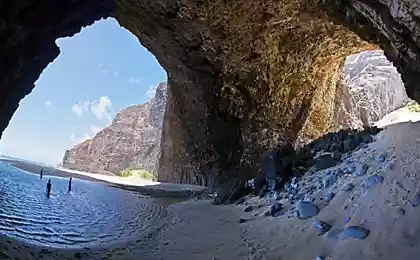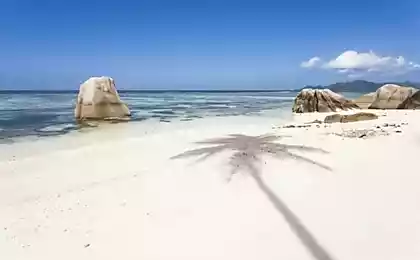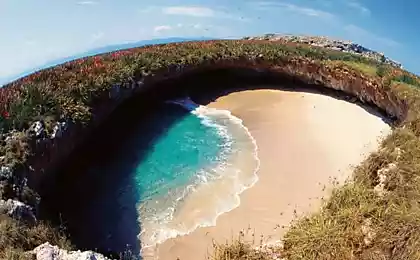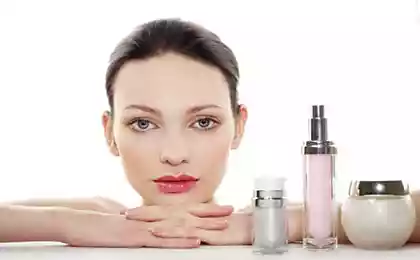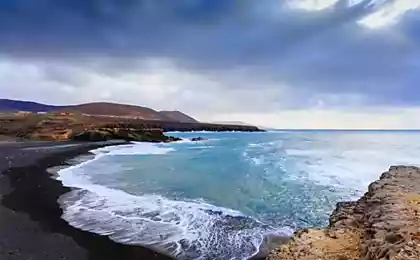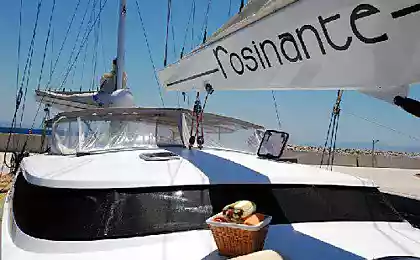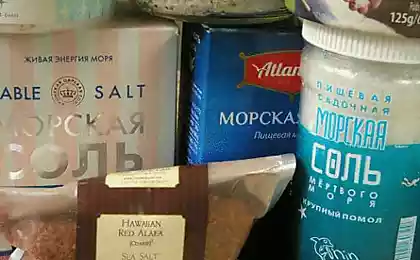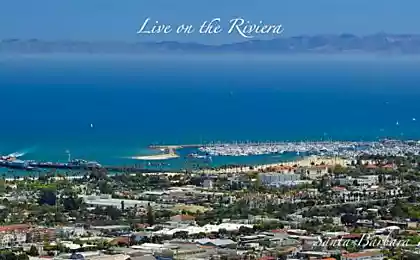472
Sunscreen can be dangerous for marine life

The sweet aroma of sunscreen and salty sea water evoke for us thoughts of going to sea. However, recently, researchers made a stunning conclusion: beach vacation causing harm to marine ecosystems. It turns out that some of the ingredients of the sunscreen, Sivas from the skin in the sea while swimming, become toxic to the tiniest of sea creatures, which are the main food for many other marine animals.
Of course, the use of sunscreen is currently the best way to protect the skin from harmful UV rays. But when vacationers, deciding to cool off, swim in the sea, the cream is partially washed off with water. The titanium dioxide and zinc oxide that are included with almost any sunscreen, react in water with ultraviolet light to form hydrogen peroxide and other new compounds that are potentially toxic. Thus, the high content in water of hydrogen peroxide can harm phytoplankton, the microscopic algae that feed everything from small fish and shrimp to whales.
In order to confirm (or deny) their fears, the researchers went to the famous Palmira beach on the island of Mallorca, with an annual attendance of about 10 thousand tourists. On the basis of laboratory testing, sampling of sea water and data on tourism, the researchers concluded that titanium dioxide from sunscreen is the main reason for the summer spike in the level of hydrogen peroxide in coastal waters, as well as the emergence of potentially dangerous consequences for aquatic life.
Source: www.ozemle.net


